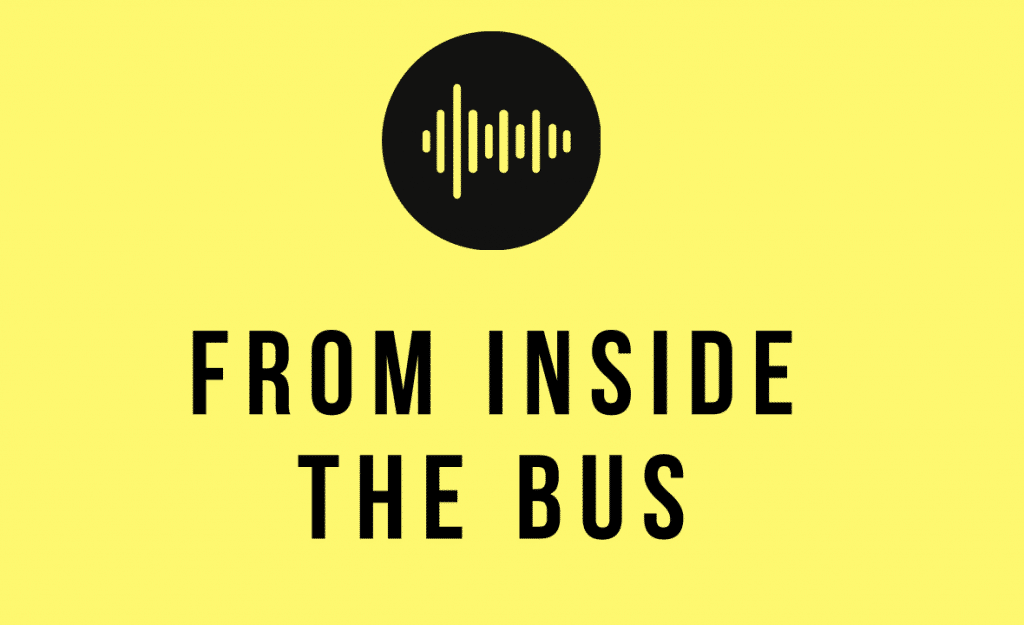Every Sunday the newspapers have a number of double page spread adverts featuring the major supermarkets, plying for business, looking and competing for custom. When we see an insurance company using the same promotional tactics is the day we know the battle has begun to make insurance premiums competitive.
What is insurance cover if you try to define it as a product? It is a simple concept, collect a fee from a group of people so that if one of them have a bit of tough luck, the fund created will reimburse them for their loss. Any risk needs to be accessed and an extra premium added, in the event of a loss. Some investigation and adjudication will be required and finally to maximise the fund, some prudent investments should be made. Simple. The problem is that very little of this ‘simple’ process is transparent to the policy holders.
One of the reasons that the ‘insurance problem’ is not solved, namely outrageous premium fluctuations, is that the blame moves around. As an example, an announcement of job losses made because of a significant premium hike for a particular company will attract huge media attention. The media may focus on the legal profession, the Government, even the general public because of excessive and spurious claims. Once the blame is spread around and diluted the pressure often comes off the insurance industry. Unfortunately, the insurance companies jump on this bandwagon and help and assist in shifting the blame.
When the European Competition Authority arrived in Dublin earlier this year there was a hope on most people’s part that this will sort out insurance premiums and the providers. I am not so sure this will have a desired effect. In the past insurance companies have always been able to evade most regulatory probes and efforts to make them accountable. Also in the past, I would have regarded insurance companies as having been a bit primitive and not practical in accessing risk.
The problem is we have been at this point before. When the Motor Insurance Advisory Board (MIAB) was established over twenty years ago, it seemed that insurance companies may be dragged into the real world. More encouraging was the establishment of the Personal Injuries Assessment Board (PIAB) and for a time insurance premiums did stabilise and reduced somewhat. Unfortunately, this did not last and returned to outrageous and unpredictable premiums, with the insurers blaming everyone.
Over the years the insurance industry has been handed many tools by Government to help identify dangerous driving and improve road safety, but unfortunately these tools have been used against motorists. I see no real evidence of any reward for safe driving. I remember once asking an insurance executive if penalty free driving and general careful motoring was likely to be rewarded with a more competitive premium… his answer: “Well, emm …., no, not really”. Of course, if as most drivers know, a few penalty points would impact on the premium.
So now we are giving fairly substantial assistance to the insurers, it is really a form of State assistance? As for any sign of a reduction in premiums for safer and more careful drivers, nothing is noticeable yet. Just more guff about fraud and the amount of uninsured drivers on the road. Interestingly one insurer gave the impression that if drivers installed dashcams they may get a reduction in premiums. Well, I put it to the test and asked my insurer through a broker for guidance as to how to avail of the reduction, here is the answer paraphrased. “Well …. it is something we are thinking about and if we see any reduction of claims, we will look seriously at it then”
So we are no further on, it seems insurance companies have no desire to either engage with their customers or develop their product. We are relying on a break through from the Alliance for Insurance Reform body and everyone’s support is needed.



